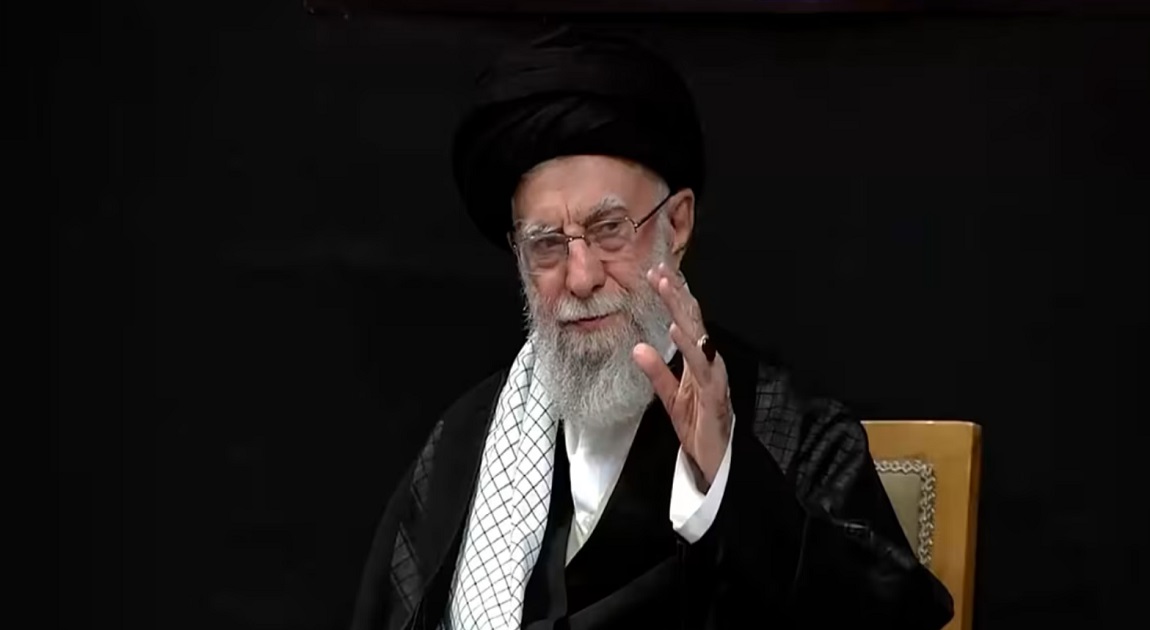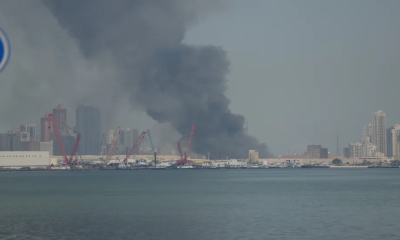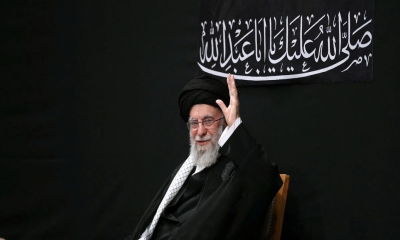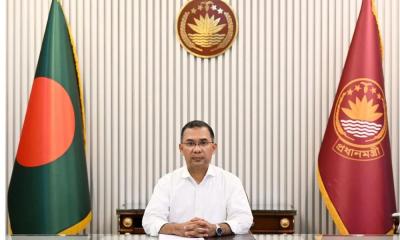Iran’s Supreme Leader Ayatollah Ali Khamenei appeared in public on Saturday for the first time since the start of a brief but intense conflict with Israel and the United States in mid-June.
His appearance was confirmed by Iranian state media during a religious gathering marking the eve of Ashura, a major Shia Muslim observance commemorating the martyrdom of Imam Husayn, the grandson of Prophet Muhammad.
Khamenei, who has ruled Iran since 1989, was seen waving to a large crowd of black-clad worshippers in a video shared by state broadcaster Press TV. The crowd responded with chants and cheers as the cleric made his appearance.
This marks Khamenei’s return to public view after remaining out of sight during the 12-day conflict that began on June 13, when Israel launched unilateral airstrikes targeting Iranian military and nuclear facilities.
The United States later joined the offensive, striking three key nuclear sites before President Donald Trump declared a ceasefire.
During the hostilities, reports suggested that Khamenei was in hiding, possibly in a secure underground bunker with limited access to outside communication.
Both Israeli and US leaders had made statements during the conflict suggesting the possibility of removing Khamenei from power, with Trump calling him an “easy target” and Israeli Prime Minister Benjamin Netanyahu indicating that his death could “end” the conflict rather than escalate it.
In a defiant recorded message released shortly after the ceasefire, Khamenei declared a symbolic victory over Israel and the US, stating, “This is not about our nuclear program... this is about Iran surrendering.”
He criticized US President Trump for demanding Iran’s unconditional surrender, saying, “It will never happen.”
While the Iranian leadership has projected resilience, analysts say the conflict may have significantly damaged Khamenei’s domestic standing.
The initial Israeli strikes were notably effective, reportedly killing several senior Iranian military officials in the first wave.
This has led to growing questions within Iran about the regime’s ability to guarantee national security.
“The Islamic Republic had one social contract with society — it restricted freedoms in exchange for security,” said Ali Vaez, Director of the Iran Project at the International Crisis Group. “Now, that image has been shattered in the eyes of the Iranian people.”







-20260303080739.webp)
-20260302065048.webp)




















-20260225072312.webp)



